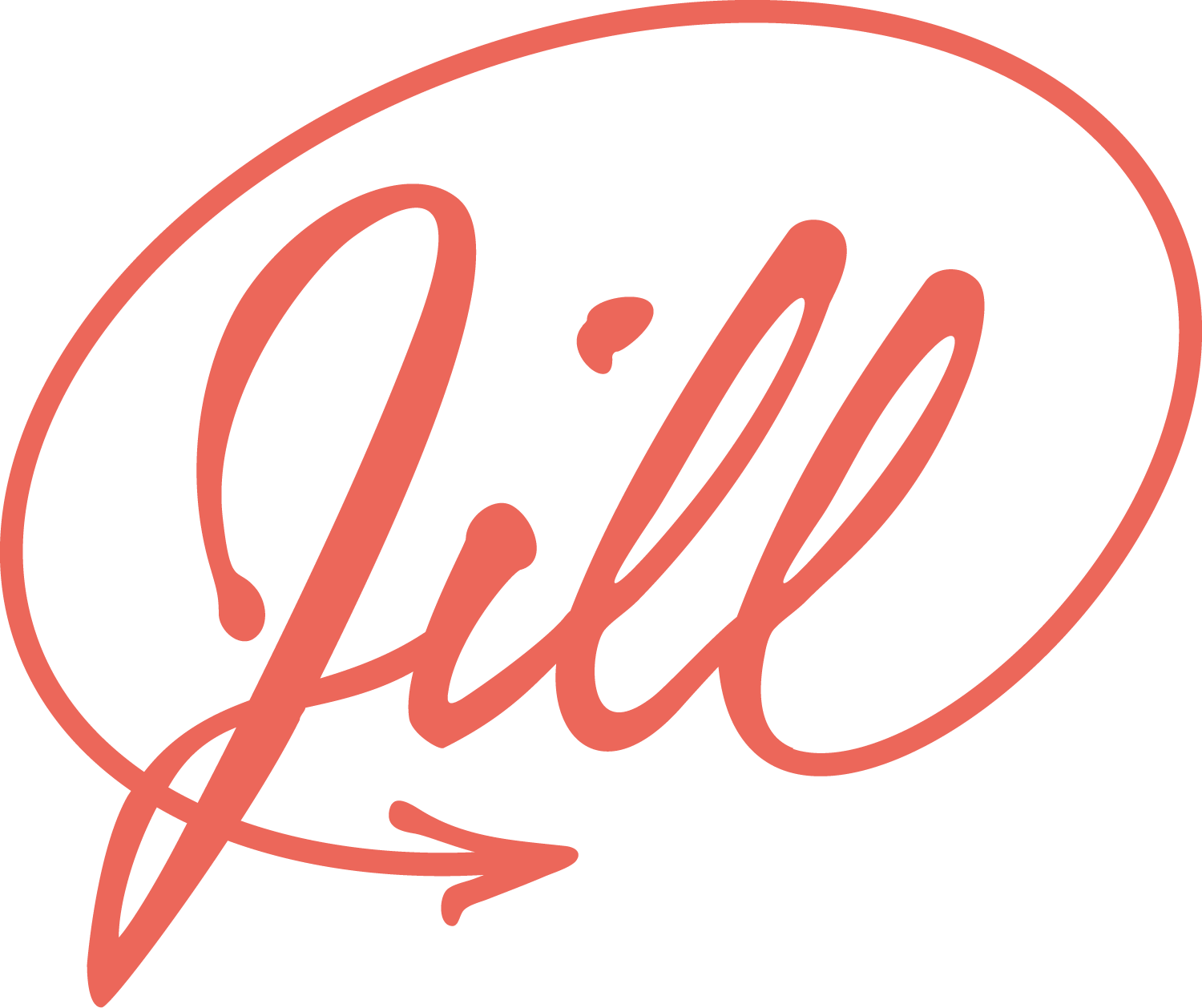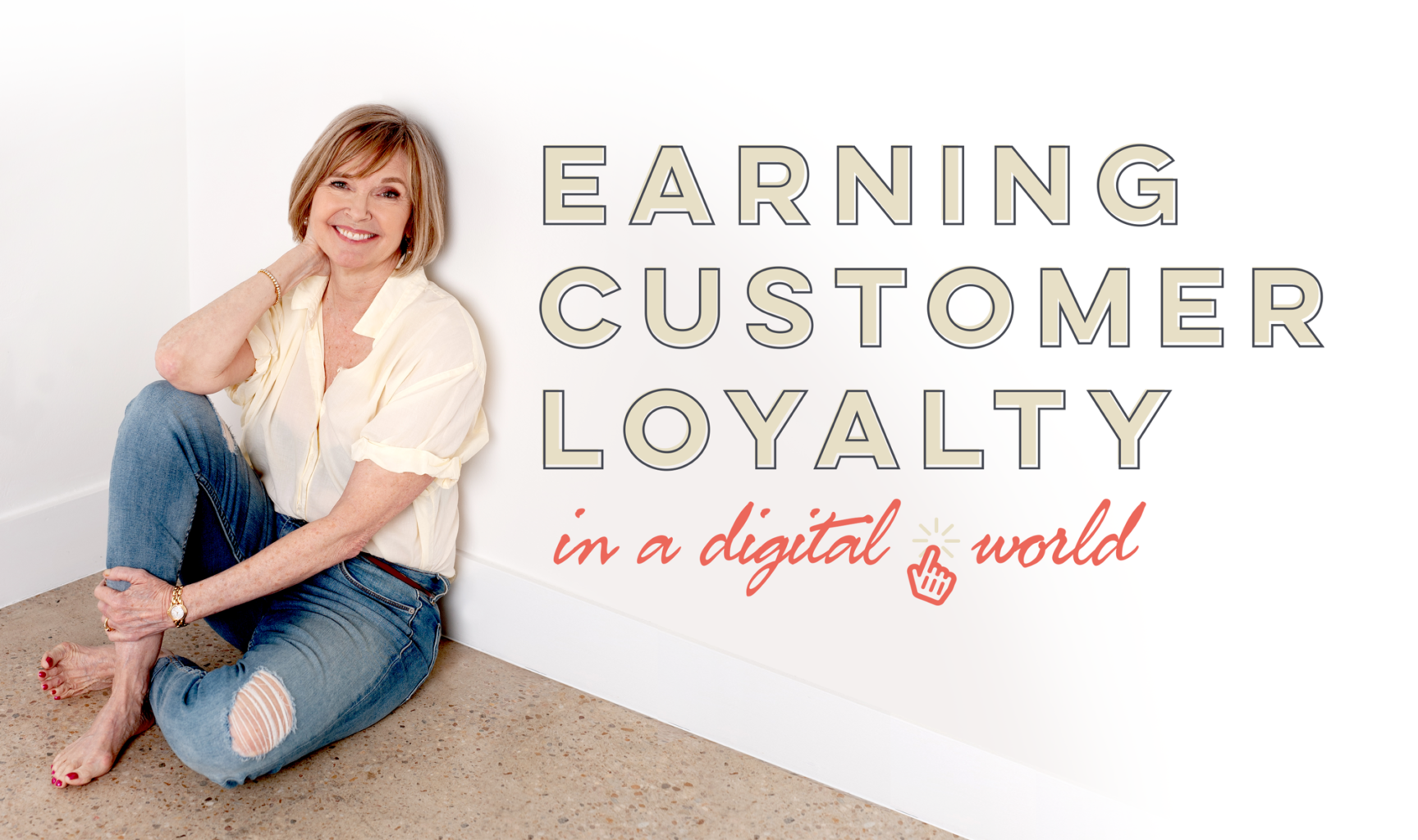
Want To Be Successful? Think Big
Shari Dingle (Sandifer) Costantini, RN, M.B.A., is a renowned expert in the healthcare industry, with 29 years of experience. She is the CEO of Avant Healthcare Professionals, which has placed more than 2,500 international nurses, physical therapists and occupational therapists throughout the U.S.
The company, which has grown 40% annually since inception, is recognized as an industry leader and innovator in healthcare staffing and made the INC 500/5000 in 2012, 2013, 2017, 2018 and 2019.
I had the opportunity to interview Ms. Costantini recently. Here are the highlights of that interview:
Jill Griffin: Where did you grow up? Describe your early childhood, and it’s significance on your life.
Shari Costantini: I grew up in Boca Raton, Florida, where my father was a pastor at a Lutheran Church. My mother was always a partner in ministry with my father. It was a busy household with six children born within eight years.
I was very close to my five siblings growing up. With the busy schedule that my father and mother had between the church and the early childhood school that she built over the years, my siblings and I did everything together. I have four brothers and one sister.
These years played a significant role in the person I am today. Often we don’t realize the significance of these years, but I have learned that they are so profoundly entwined in who I am as an adult. As one of six children, you learn to ask for what you need. You also learn to fend for yourself. Growing up with four brothers prepared me to develop close relationships from a young age with both women and men. This helped me to work in what is often a man’s world in business.
When it came to starting a business, I always thought big. I never let gender be a factor. I never thought that despite the fact only 3% of private equity funds went to women-owned businesses that it would limit me in my efforts to raise money.
Griffin: When did you first get the whisper you belong in nursing, and what fueled your passion to change the world through founding Avant?
Costantini: Growing up, I had numerous illnesses and injuries, so I found myself in the doctor’s office and hospital. At the age of three, I had a severe case of chickenpox. I also had scarlet fever, several broken bones, and at the age of 13, was diagnosed with viral encephalitis. I recall wanting to be either a nurse or a doctor and I believe that my exposure to healthcare was a big part of my desire to work in that area as a profession.
As an adult, I have realized what an impact the viral encephalitis had on me. I was diagnosed after losing some of my motor coordination, and my friends, teachers and parents noticed that I could not write, my speech was slurred, handwriting was unreadable and I was having trouble walking. I took several months off of eighth grade, and in the fall started high school as a ninth-grader. Learning how to walk, write and speak again was one of those challenges in your life that when you overcome it, you believe that you can do anything. I felt that if I could return to where I was both physically, emotionally and academically that I was a survivor.
When I attended college, I decided to become a nurse, and after nursing school get my business degree. My thought was that having that nursing background would make me a stronger business person for the healthcare industry. Back in 1993, when I receive my master’s degree in business administration, very few physicians and nurses work business executives in healthcare.
The combination of the nursing background and the business degree is in many ways why I founded Avant Healthcare Professionals. Because I was a nurse, I knew there had to be a better way to transition Healthcare Professionals into the U.S. healthcare system. After six years in the industry, I had seen the significant impact that internationally educated nurses and therapists could make on patient care. I also had seen the frustration they experienced in transitioning into our clinical environment. This frustration was also shared by the clients who only had experience with U.S.-educated clinicians and therefore didn’t appreciate the differences in practice and how to support these internationally educated healthcare professionals fully. The niche and competitive advantage that Avant developed is our clinical transitions programs that support both the internationally educated healthcare professionals and the healthcare client.
Griffin: What’s the most rewarding part of what you do?
Costantini: The most rewarding part of what we do at Avant is seeing the impact that we have made not only on the healthcare clinicians but on their spouses and children and on their families in their home countries where they send money and support. In a country like the Philippines, younger generations have been supported to go to nursing school by the relatives that have come to the US to work means that these positions we provided are impacting generations.
The other impact that we make is on rural healthcare. People living in rural areas have been shown to have more chronic illnesses, mental health issues, and a more significant impact from the current opioid epidemic. The main reason that this population struggles is due to limited access to care. With over 50% of our internationally educated nurses and therapists going to rural areas, we know that we are making a profound impact on these communities.
Griffin: Why is it now such a critical time for the nursing shortage to be met?
Costantini: Nursing shortages are not new in the United States. We’ve had ongoing nursing shortages since 1937. When the great recession hit, the nursing shortage was temporarily alleviated by the 150,000 nurses over the age of 50 that return to the workforce. Fast forward ten years later, those nurses are fueling the shortage. This nursing shortage is unique for several reasons. First, over 50% of the registered nurses in this country are over the age of 50. Over the next decade, we will be losing a tremendous amount of experience in the profession.
Nursing school educational programs have expanded their capacity over 40% in the last decade since 2006. However, many of these new nurses will take years to gain the knowledge and expertise of their cohorts that are retiring. That is one area where international nurses can make a significant impact. On average, these nurses that come into the U.S. from overseas bring 6 to 12 years of experience. They become preceptors and mentors for these newer nurses.
The other aspect of the shortage that is unique is the fact that we are losing nurses at the bedside to become advanced practitioners. These advance nurse practitioners will fill a critical need due to the aging physician population and shortage.
Griffin: As you rose in your career, what obstacles did you encounter, and how did you deal with these?
Costantini: My journey since founding Avant Healthcare Professionals has been filled with challenges and obstacles. About 18 months after I started the company, we faced our first visa backlog for nurses. At that time, we were able to get Congress to act, so we had a short-term fix and visas for nurses. In January 2007 the visa backlog returned. I worked closely with a coalition and later helped found an industry trade association to do the lobbying and advocacy work. Learning how to effectively advocate with Congress was crucial for Avant’s continued growth. I’ve learned how to do that and built a network in Washington DC. This year our industry faces renewed challenge from the Fairness and High Skilled Immigrants Act. If passed in its current form this bill would create an eight-year backlog in visas for all people but specifically internationally educated nurses that are desperately needed to provide patient care in this country.
We also have faced healthcare regulation and reimbursement changes, which has certainly transformed the healthcare environment. Probably none more than the ACA. To navigate through these changes, we built new client niches, as well as a worldwide recruitment network that now represents over 70 countries.
The most recent significant challenge for the business has been the changes with the USCIS under the Trump administration. We have faced tremendous headwinds with changing adjudication practices and policies with the USCIS. The general mentality of the USCIS under this administration has been to delay and deny visa petitions. We have had to change many of our filings to adjust to the new policies and practices for adjudicating cases. In December 2017 I recapitalized the business to bring in a large strategic healthcare staffing company that provided enough assets so I could meet the new requirement for showing the ability to pay the proffered wage for all beneficiaries in the recruitment pipeline who had not yet arrived in the U.S.
Avant Healthcare Professionals lives at the intersection of immigration and healthcare regulation. I have often joked that if I start another company, I will try to do one that is in a less heavily regulated industry.
Griffin: What a great piece of business or life advice have you received, who gave it to you, and how has it enhanced your life?
Costantini: One piece of advice that has changed my professional and personal life is to not take anything personally. In The Four Agreements, it says that nothing others do is because of you and what others say and do is a projection of their own reality. If you can put this belief into practice in your life professionally and personally, it will transform the way that you deal with people, especially in difficult situations.
Griffin: What advice do you have for young, talented, ambitious women who want to rise?
Costantini: The advice that I have for women who want to rise in their careers or start their own entrepreneurial venture is to think big. Believe in yourself and believe that you can do whatever you put your mind to. Don’t be limited by other people or yourself. Be the hardest working person in the room.



